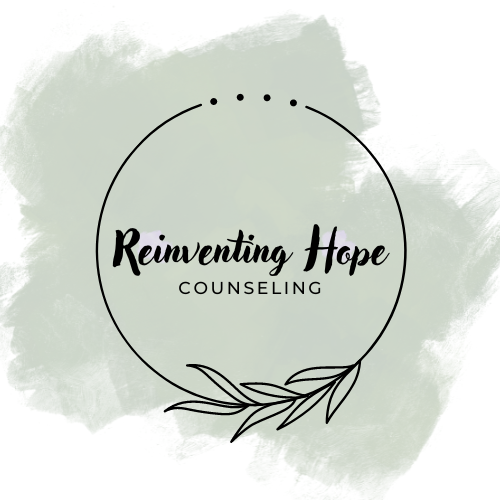Coping Strategies and the Challenges Faced by Those with Trauma, Anxiety, and Depression
Coping strategies are the tools and techniques we use to navigate life's challenges, manage stress, and maintain emotional well-being. While these skills are essential for everyone, they are particularly crucial for individuals who experience trauma, anxiety, or depression. Unfortunately, many people dealing with these conditions often find themselves lacking healthy coping strategies. Let’s explore the reasons why and offer insights into the importance of developing effective coping mechanisms, along with specific coping strategies.
Understanding Coping Strategies
Coping strategies are an integral part of our daily lives. They are the mechanisms we employ to deal with stress, emotional distress, and adversity. Healthy coping strategies enable us to adapt to difficult situations, regulate our emotions, and maintain a sense of balance and resilience.
Challenges Faced by Those with Trauma, Anxiety, and Depression
Overwhelming Emotions: Individuals with trauma, anxiety, or depression often grapple with intense and overwhelming emotions. These emotions can be so consuming that they hinder the ability to think clearly and choose healthy coping mechanisms.
Negative Thought Patterns: Anxiety and depression are often characterized by negative thought patterns and beliefs. People with these conditions may engage in self-criticism and have a pessimistic outlook on life, making it difficult to develop and maintain positive coping strategies.
Avoidance and Isolation: Trauma survivors may resort to avoidance behaviors to protect themselves from triggering situations or memories. This avoidance can limit their exposure to opportunities for developing new coping skills and seeking help.
Physical Symptoms: Anxiety and depression can manifest with physical symptoms like fatigue, changes in appetite, and sleep disturbances. These physical symptoms can further hinder the motivation and energy required to develop healthy coping strategies.
Social Isolation: Many individuals with anxiety and depression tend to withdraw from social interactions, reducing their exposure to supportive networks that could assist in developing coping skills.
Why Healthy Coping Strategies Are Essential
Promote Emotional Resilience: Effective coping strategies are vital for building emotional resilience. They enable individuals to bounce back from setbacks and navigate life's challenges with greater ease.
Reduce Symptom Severity: Healthy coping mechanisms can help reduce the severity of symptoms associated with anxiety and depression. They can also aid in managing trauma-related symptoms, such as flashbacks and hypervigilance.
Enhance Quality of Life: Developing healthy coping skills can lead to an improved overall quality of life. They provide individuals with a sense of control and empowerment over their emotional well-being.
Prevent Harmful Coping Behaviors: In the absence of healthy coping strategies, individuals may turn to harmful coping mechanisms such as substance abuse or self-harm, which can exacerbate their existing issues. (We all will turn to something for support.)
Support Recovery: Healthy coping strategies are a cornerstone of recovery for those with trauma, anxiety, or depression. They provide a foundation upon which other therapeutic interventions can be built.
Developing Healthy Coping Strategies
While it can be challenging, individuals with trauma, anxiety, or depression can develop healthy coping strategies. Here are specific coping strategies to consider:
Self-Care: Engage in self-care practices that nurture physical, emotional, and mental well-being. Prioritize activities that promote relaxation and stress reduction.
Mindfulness and Relaxation Techniques: Mindfulness meditation and relaxation exercises can help individuals manage overwhelming emotions and increase their awareness of their thought patterns. (There is so much research on the positive effects of meditation and mindfulness practices!)
Social Support: Connect with supportive friends, family members, or support groups. Social support can provide encouragement and alternative perspectives.
Expressive Arts Therapy: Creative outlets like art, music, or writing can serve as powerful tools for processing emotions and trauma.
Exercise: Regular physical activity has been shown to improve mood and reduce symptoms of depression and anxiety.
Medication Management: In some cases, medication prescribed by a healthcare provider can help alleviate the symptoms of anxiety and depression, making it easier to engage in coping skill development.
Seek Professional Help: Therapists and counselors can provide valuable guidance and support in identifying and developing healthy coping strategies tailored to individual needs.
There are so many coping strategies, but the important thing is to note that they are essential tools for navigating life's challenges and particularly difficult to establish for individuals dealing with trauma, anxiety, or depression. However, with patience, guidance, and determination, individuals can develop and nurture healthy coping strategies that contribute to their healing and overall well-being.
For more information, here are some helpful additional articles:

